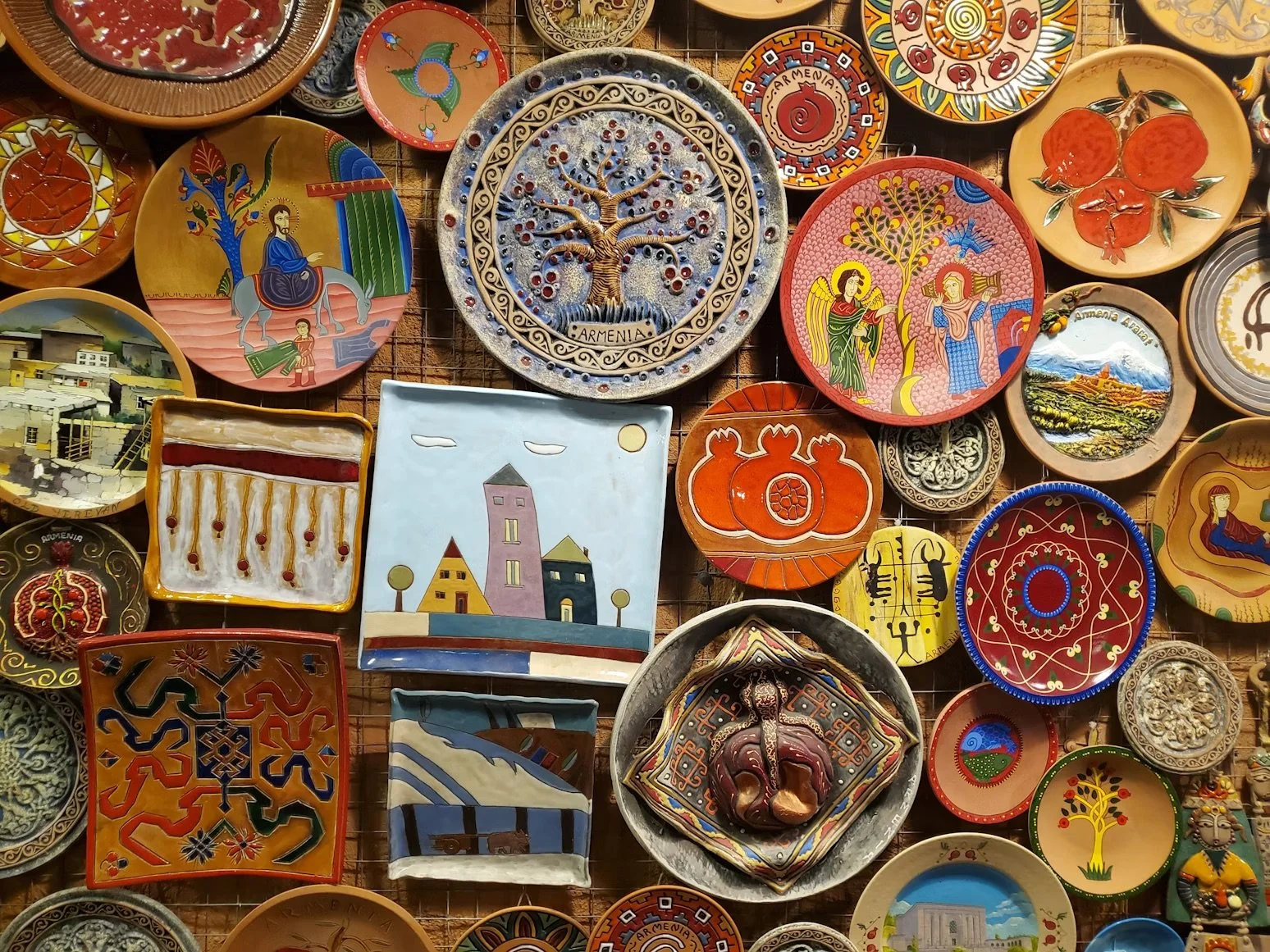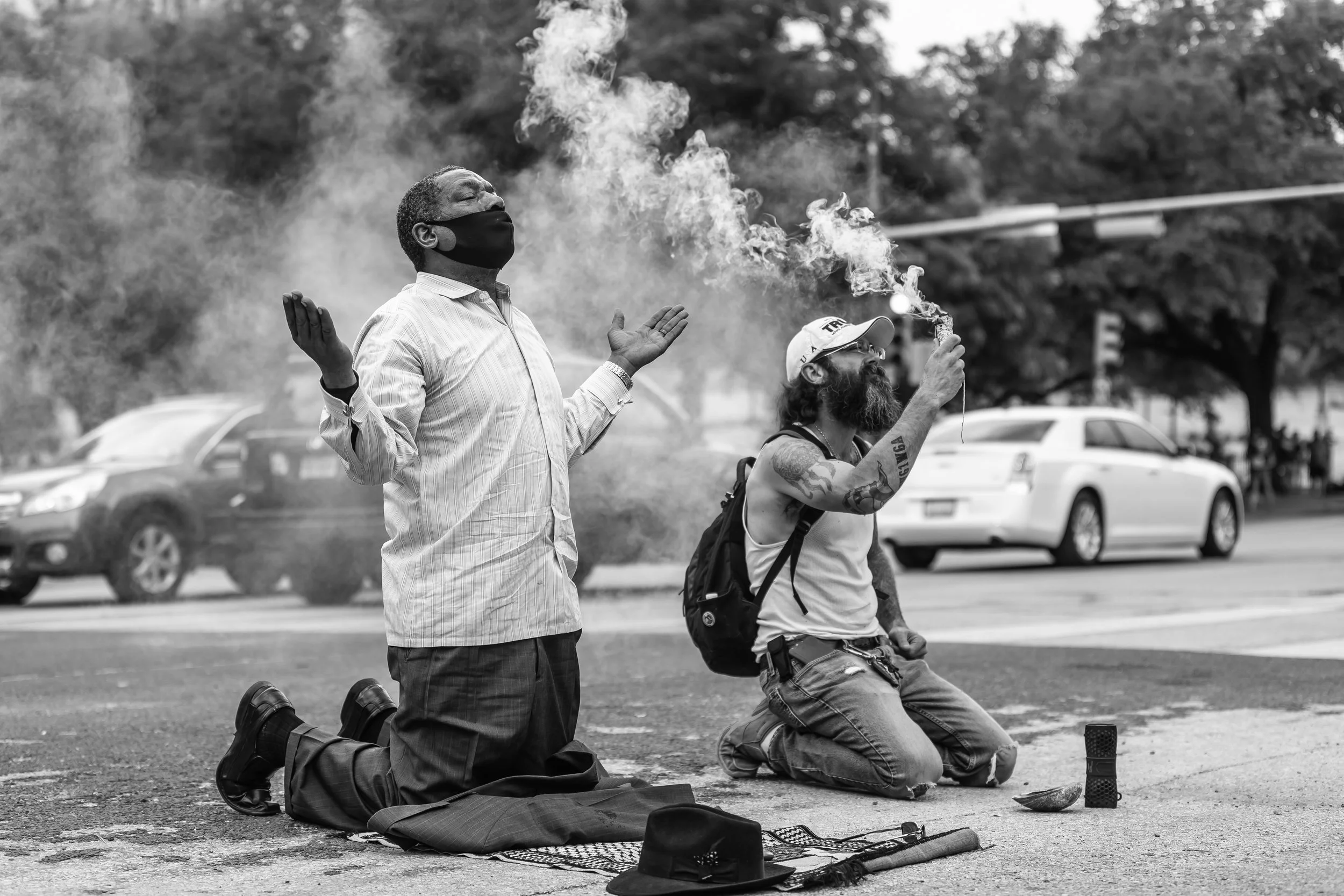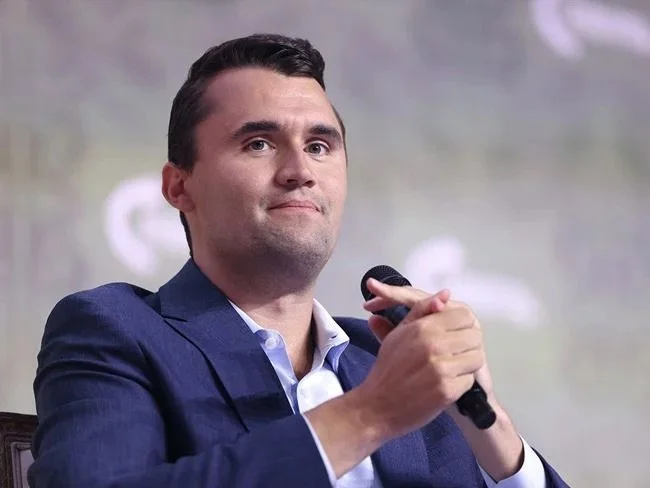Billed as bipartisan gatherings for spiritual reflection and fellowship, national prayer breakfasts are seldom limited to prayer alone. They often serve as platforms where religion becomes a stage for politics dressed in its Sunday best.
And when Armenia hosts its first national prayer breakfast Friday and Saturday (November 14-15), it comes amid one of the most potent confrontations between church and state in the country’s modern history.
In recent months, tensions between the government and the Armenian Apostolic Church (AAC), its independent national church, have escalated sharply. Authorities arrested top clergy accused of taking part in a plot to overthrow Prime Minister Nikol Pashinyan’s government earlier this year.
Pashinyan, who will deliver the keynote address at the prayer breakfast, has cast the event as part of his broader effort to “renew Armenia’s spiritual foundations” after years of political turbulence and conflict. The organizers invited American Christian leaders like Franklin Graham and former pastor Jim Garlow to the gathering, while rumors surfaced that they also invited Donald Trump Jr. Charlie Kirk had agreed to speak at the event before his assassination, according to Dede Laugensen, president and CEO of Save the Persecuted Christians.
But critics see the breakfast—said to be organized by a group called the Individual Believers Club—as an attempt to give religious legitimacy to a government that is persecuting the church as part of a broader effort to weaken challenges to its authority. Meanwhile, others say AAC is doing the bidding of Moscow due to its close ties with the Russian Orthodox Church, support for the Kremlin’s “traditional values,” and opposition to Armenia’s pursuit of a more democratic, European-oriented path.
In my latest for Christianity Today, I speak to pastors, leaders and politicians about what it means for the South Caucasus country going forward.


